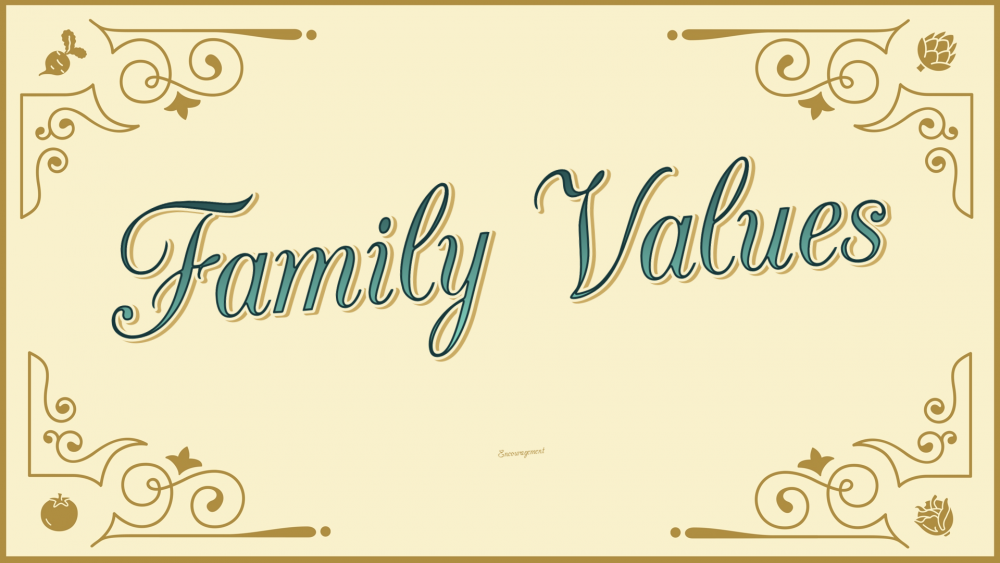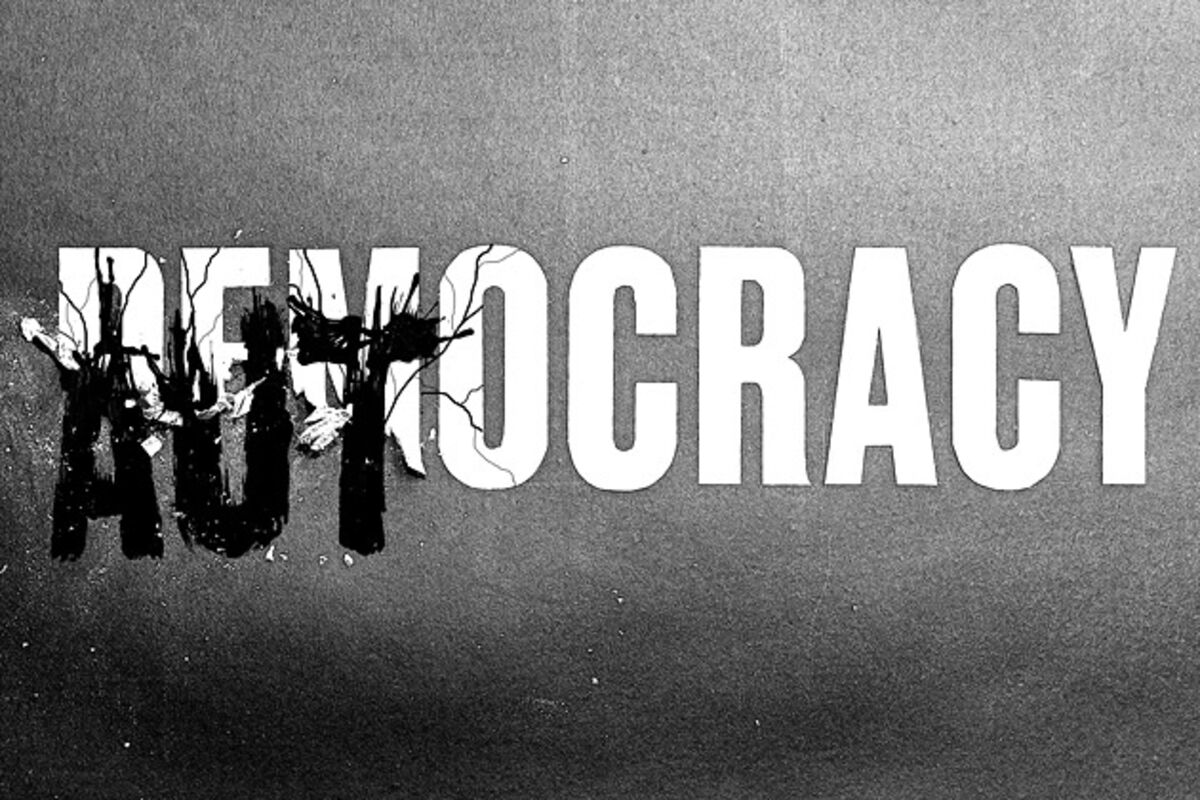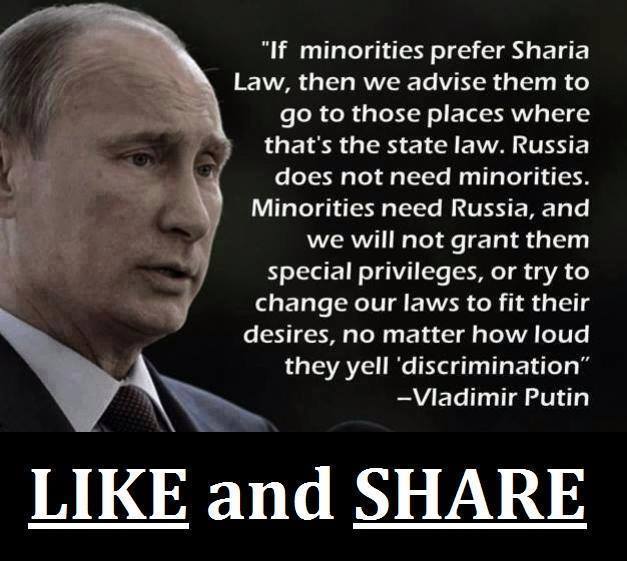By Steve Barasch
“Family values” The Misuse of a Powerful Term in today’s world is “Family Values” It is a term that has been frequently utilized by right-wing conservative politicians to promote their ideologies. While the phrase may evoke feelings of warmth and a sense of community, it is crucial to examine how it has been manipulated to infringe upon individual rights, particularly those of women and minority groups. Every time I hear the term, I cringe. Unfortunately there are millions of other people who aren’t cringing. It is time to deconstruct the misuse of “family values” in right-wing conservative politics and provide insight into the dangers it poses.
The Historical Context of “Family Values”:
The phrase “family values” has historically been a cornerstone in political discourse, particularly among conservatives. Initially, it referred to the preservation of traditional family structures as crucial for maintaining societal stability. Nonetheless, as time passed, this expression has been repurposed to advance conservative beliefs and silence those who fall outside those conservative beliefs.
The Impact on Women’s Rights:
One of the most alarming consequences of the misuse of “family values” is the regression in women’s rights. By advocating for traditional gender roles and a specific family structure, conservative politicians have restricted women’s access to reproductive healthcare, equal pay, and opportunities in the workforce.
The Erosion of Voting Rights
Another concern related to the manipulation of “family values” is the infringement on voting rights. By invoking this term, conservative politicians have justified the implementation of restrictive voting laws that disproportionately affect minority communities. These laws have been criticized for perpetuating systemic racism and undermining democracy.
Strongmen and the Exploitation of “Family Values”:
Around the world, authoritarian leaders have seized on the concept of “family values” to further their agendas. By portraying themselves as champions of traditional values, these strongmen have been able to squash dissent and erode human rights under the guise of preserving cultural norms.
Several strongmen and authoritarian leaders around the world have used the concept of “family values” to promote their political agendas and suppress dissent. Some notable examples include:
- Vladimir Putin (Russia): Putin has consistently emphasized traditional family values and Orthodox Christianity as a means to consolidate power and suppress LGBTQ+ rights and women’s rights in Russia.
- Recep Tayyip Erdogan (Turkey): Erdogan has advocated for traditional family values and gender roles, pushing for policies that encourage women to prioritize family life and motherhood over careers. This rhetoric has been used to justify the rollback of women’s rights and increased control over their lives.
- Viktor Orbán (Hungary): Orbán, Hungary’s prime minister, has framed his policies around the protection of traditional family values and Christian heritage. He has enacted measures to restrict LGBTQ+ rights and limit reproductive rights, undermining the rights of women and minority groups.
- Jair Bolsonaro (Brazil): Bolsonaro, the president of Brazil, has used the language of family values to justify his conservative and often discriminatory policies. He has consistently attacked LGBTQ+ rights and promoted traditional gender roles, hindering progress towards gender equality.
- Rodrigo Duterte (Philippines): Duterte has invoked the concept of family values to gain public support for his controversial policies, including the violent war on drugs. His administration has also been criticized for its regressive stance on reproductive rights and women’s rights in general.
The Wannabe’s
There are several politicians and public figures who have displayed authoritarian tendencies or adopted the rhetoric of strongmen, including some in the United States. While they may not be in positions of absolute power, they still have the potential to influence policy and public opinion. Some of these individuals include:
- Donald Trump (USA): As the 45th President of the United States, Trump often employed strongman rhetoric during his tenure. He praised authoritarian leaders like Putin and Duterte and used the language of “family values” to justify conservative policies, including those targeting reproductive rights and LGBTQ+ rights.
- Ted Cruz (USA): Senator Cruz has consistently invoked traditional family values to promote conservative social policies. He has been an ardent opponent of LGBTQ+ rights and has advocated for restrictions on women’s reproductive rights, aligning himself with right-wing conservative ideologies.
- Marine Le Pen (France): As the leader of France’s far-right National Front party, Le Pen has championed conservative family values in her political platform. She has called for stricter immigration policies and has been critical of LGBTQ+ rights, positioning herself as a defender of French culture and traditions.
- Matteo Salvini (Italy): Salvini, the former Italian Deputy Prime Minister and leader of the far-right Lega party, has used the rhetoric of family values to justify his hardline stance on immigration and social policies. He has opposed same-sex marriage and advocated for traditional gender roles, aligning himself with authoritarian figures in Europe.
- Nigel Farage (UK): Farage, the former leader of the UK Independence Party (UKIP) and a key figure in the Brexit campaign, has utilized the language of family values to promote his nationalist agenda. He has advocated for traditional family structures and been critical of LGBTQ+ rights, positioning himself as a defender of British values.
These individuals, while not currently holding absolute power, have the potential to shape political discourse and influence policy decisions that could impact individual rights and liberties. It is essential to be aware of their rhetoric and the potential consequences of their actions.
Evangelicals
Evangelical Christians in the United States and other countries often invoke the concept of “family values” in a political context, advocating for policies that align with their conservative religious beliefs. They typically emphasize the importance of traditional family structures, marriage between a man and a woman, and opposition to abortion and LGBTQ+ rights.
Evangelicals have played a significant role in shaping public policy, particularly in the United States, where they have considerable political influence. They have been key supporters of conservative politicians who adopt the rhetoric of family values, and their advocacy has helped shape policies related to reproductive rights, marriage equality, and LGBTQ+ rights.
While many Evangelicals genuinely believe in the importance of traditional family values as a foundation for a healthy society, the political use of these values can have far-reaching implications. The focus on a narrow definition of family values has led to the exclusion of diverse family structures and the suppression of individual rights, particularly for women and LGBTQ+ individuals.
It is essential to recognize the impact of the Evangelical movement on political discourse and policy development, and to promote a more inclusive understanding of family values that respects the rights and dignity of all individuals, regardless of their religious beliefs or personal choices.
Genuine Interpretation
In an ideal sense, the term “family values” should evoke a positive and inclusive understanding of the qualities that help create strong, nurturing, and supportive families. Rather than being limited to a narrow definition, it should encompass a broader perspective that acknowledges the diversity of family structures and individual experiences. Some key elements of a more inclusive and genuine interpretation of family values might include:
- Love and compassion: The foundation of strong families should be built on love, understanding, and compassion, where each member is valued and supported, regardless of their personal choices or circumstances.
- Respect and equality: Family values should promote equal treatment and respect for all individuals within the family, recognizing and celebrating the unique contributions of each person, regardless of their gender, age, or role.
- Communication and understanding: Open and honest communication should be encouraged to foster understanding and strong relationships among family members, allowing for the resolution of conflicts and the expression of feelings and ideas.
- Emotional support and safety: Families should be safe spaces where individuals can rely on each other for emotional support, comfort, and encouragement in times of need.
- Adaptability and resilience: Families should be able to adapt to changing circumstances and challenges, working together to overcome obstacles and grow stronger as a unit.
- Nurturing growth and personal development: Family values should encourage the personal growth and development of each individual, providing them with opportunities to pursue their interests, talents, and ambitions.
- Community and social responsibility: Families should be connected to their communities, fostering a sense of social responsibility and contributing positively to the well-being of others.
By adopting a more inclusive and empathetic understanding of family values, we can move away from divisive and exclusionary interpretations that have been used to justify regressive policies. This broader perspective acknowledges the diverse range of family structures and experiences, and promotes the well-being of all individuals, regardless of their background or circumstances.
The misuse of “family values” in right-wing conservative politics poses a significant threat to individual rights and democracy. It is essential for citizens to recognize the manipulation of this term and challenge its use in justifying regressive policies. By promoting an inclusive understanding of family and valuing the rights of all individuals, we can work towards a more just and equitable society.
Steve Barasch
Linked Sources:
- The History of “Family Values” in American Politics
- The Connection Between “Family Values” and Women’s Rights
- Voter Suppression and the Misuse of “Family Values”
- Authoritarian Leaders Exploiting “Family Values”







Thank you, Steve Barasch, I noticed too, those who take religion as less necessary in their daily lives, are more accepting and open to thinking without dogmas, and those with more education, express greater acceptance of homosexuality and any other new expression of life. So, being free of dogmas and constantly educated pats are the seeds and way to succeed and understand life……Thank you again.
Thank you. Educating oneself is key. What is taught in schools whether it be public, private, or religious is only a gateway to learning more on your own.